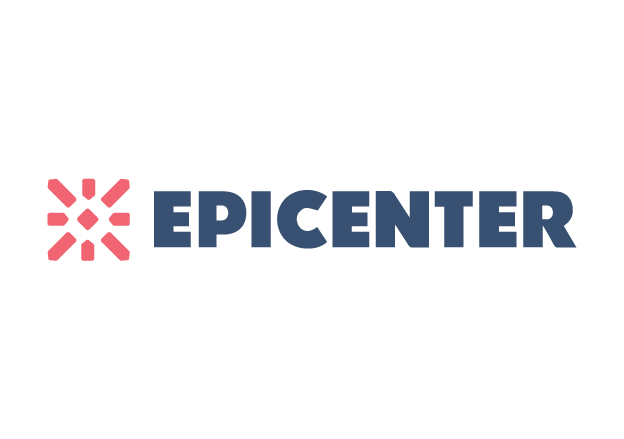Esra Roan, Co-Founder of SOMAVAC
Esra Roan, Co-Founder of SOMAVAC
Esra Roan was a tenured professor at the University of Memphis in 2015. One spring afternoon, Roan was speaking with her neighbor in the backyard, explaining how she was troubled by patients having to deal with drains during their recovery from surgeries, particularly mastectomies. It seemed archaic, and almost cruel to Roan that patients would go through such a cumbersome drain process that oftentimes led to infections an additional surgeries anyway. To Roan’s surprise, her neighbor had used these types of drains in the past. “I thought, ‘how can this still be this way?’ I asked her why she had used drains and she said she was a breast cancer survivor,” Roan says.
Roan left her tenured position and the world of academia behind to create SOMAVAC, a medical device company “with a mission to help patients recover with dignity after surgeries.” Alongside co-founder Josh Herwig, also a former student of Roan’s, SOMAVAC went through the ZeroTo510 accelerator and received $50,000 in startup funds. Now nearly three years later, SOMAVAC has developed and validated a device that drains fluid from incision sites in post-operative patients. The device was cleared by the FDA in 2018, and SOMAVAC recently hired a new team member, bringing their staff to four full-time employees and one part-time. In the next year, they hope to turn a profit. “Success for a business is when we are profitable and can stand on our own feet,” Roan says. “We’re looking to earn money in 2019. That’s the next big goal.”
The decision to leave a career in academia behind certainly wasn’t easy for Roan, but she was called to make a difference for patients who were suffering. “Just because someone has to go through post-op recovery doesn’t mean it has to be awful,” she says. “I call it engineering with empathy, engineering with purpose to actually help a human being.”
Roan also attributes part of her ability to confidently leave her position behind to Memphis’ cost of living, noting that it would be much more difficult to raise two children with one income in other cities. “If you have medical device professionals with good ideas who want to do something in Silicon Valley or in Boston, how can you go from two incomes to one? You just can’t do it,” she says.
Despite some of the more obvious benefits to staying in Memphis, Roan admits there’s still a long way to go to putting the city on the map as a startup powerhouse. “We’re still proving ourselves,” she says. “I think what’s going to happen in the future after we’ve grown enough successful companies who are providing 3x, 5x, or 10x returns to investors, they’ll see the names associated with all of those companies — Epicenter, Start Co., Bioworks — and they’ll get it. The companies now are leading the charge.”
When asked where her passion comes from, Roan harkens back to her teaching days, saying she always taught her students the ethics of engineering. She says there’s no good reason engineers shouldn’t be taught to be caring. “I never wanted to work on cars,” she says. “I just want to have a good impact. I want to leave a positive impact on the world when I’m gone. It’s simple.”
While Roan is now growing a promising medical device company, the company was never the end goal. Instead, Roan wanted to solve a problem, and SOMAVAC sprung from the hope of a better future for patients. It can be a daunting challenge for medical device entrepreneurs to make change in the healthcare space. For any entrepreneur, it can at times seem impossible to change the status quo in search of a better world. Attempting to convince people to do something different can feel truly a fool’s errand. Roan’s advice? “Just keep doing it.”


